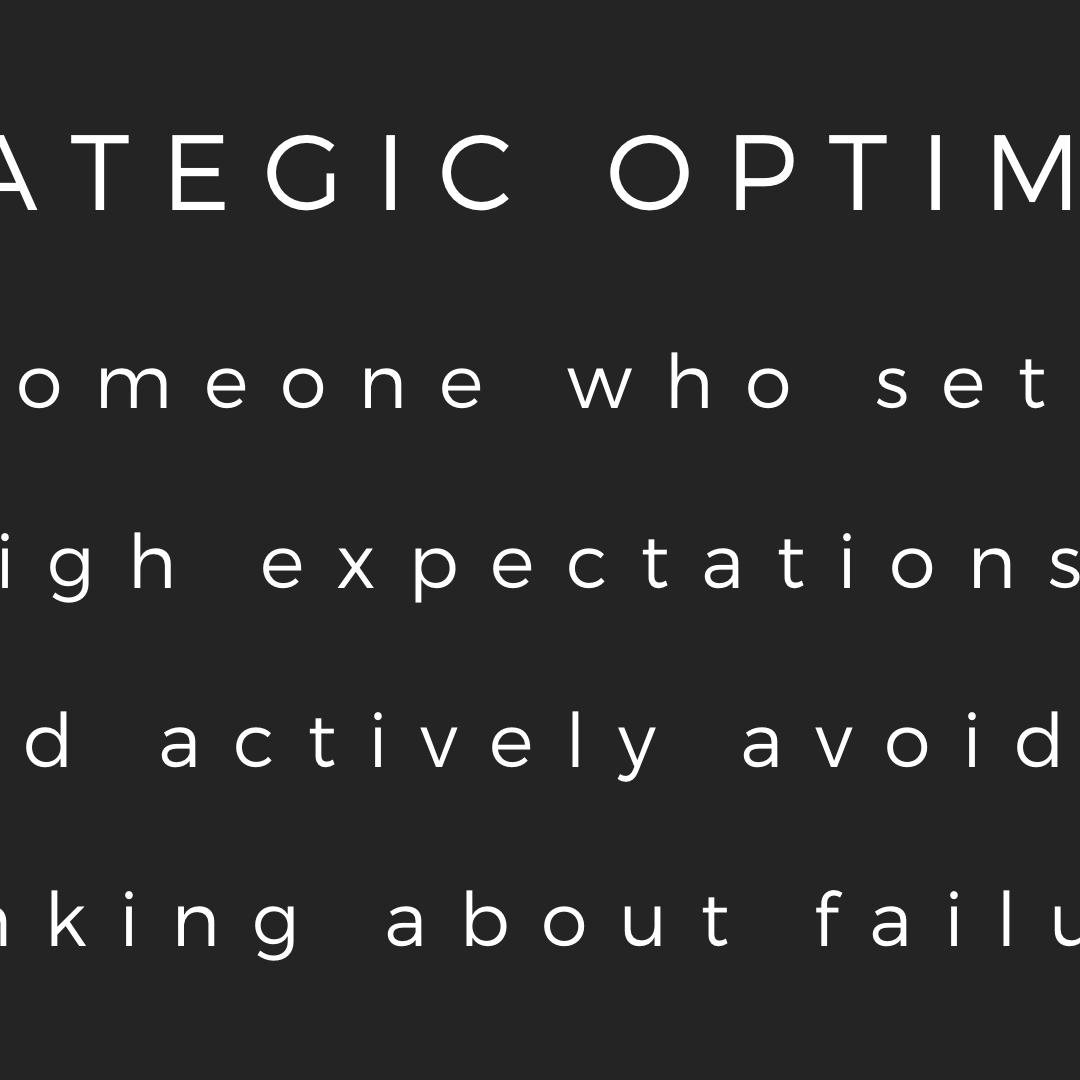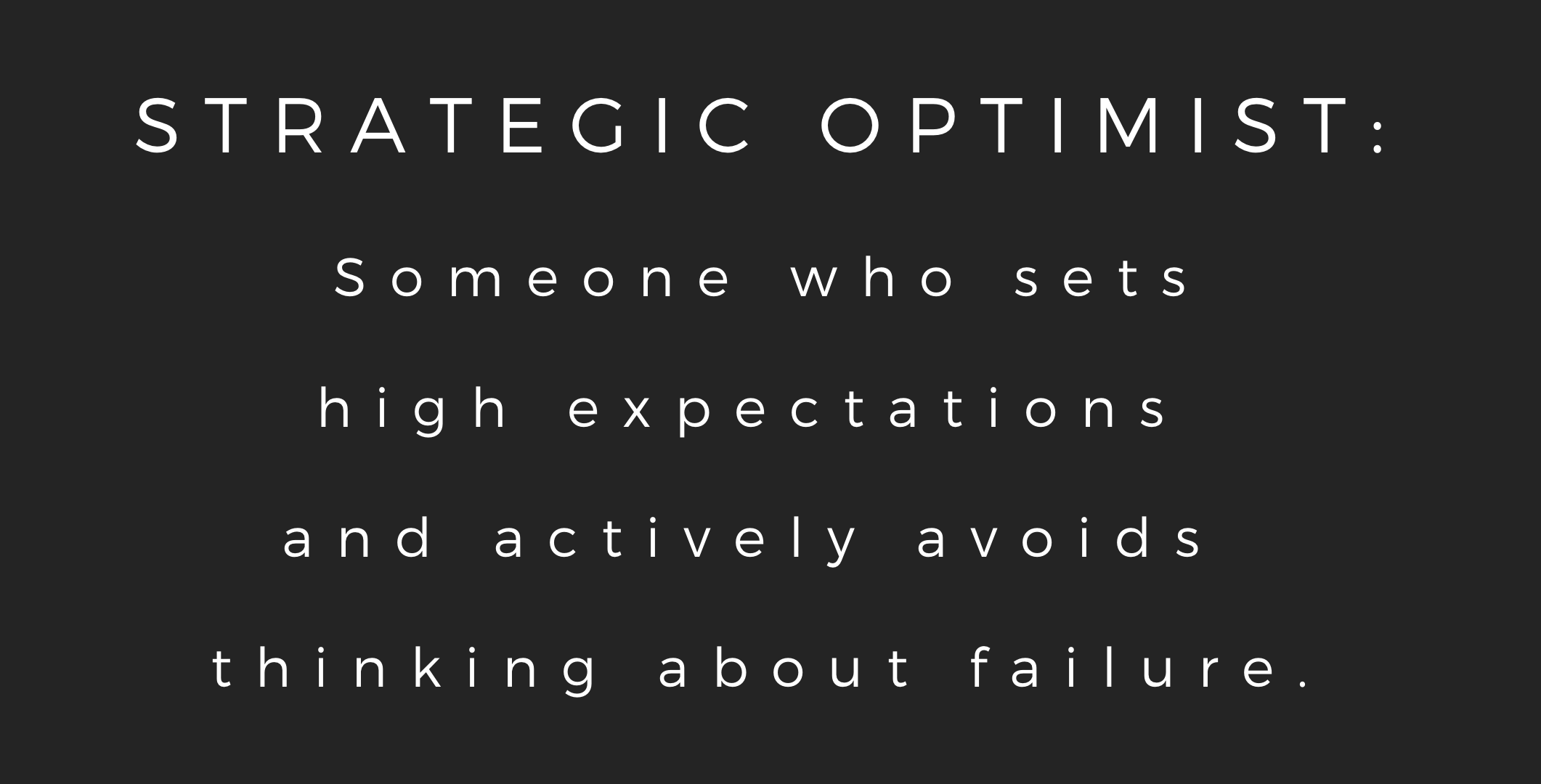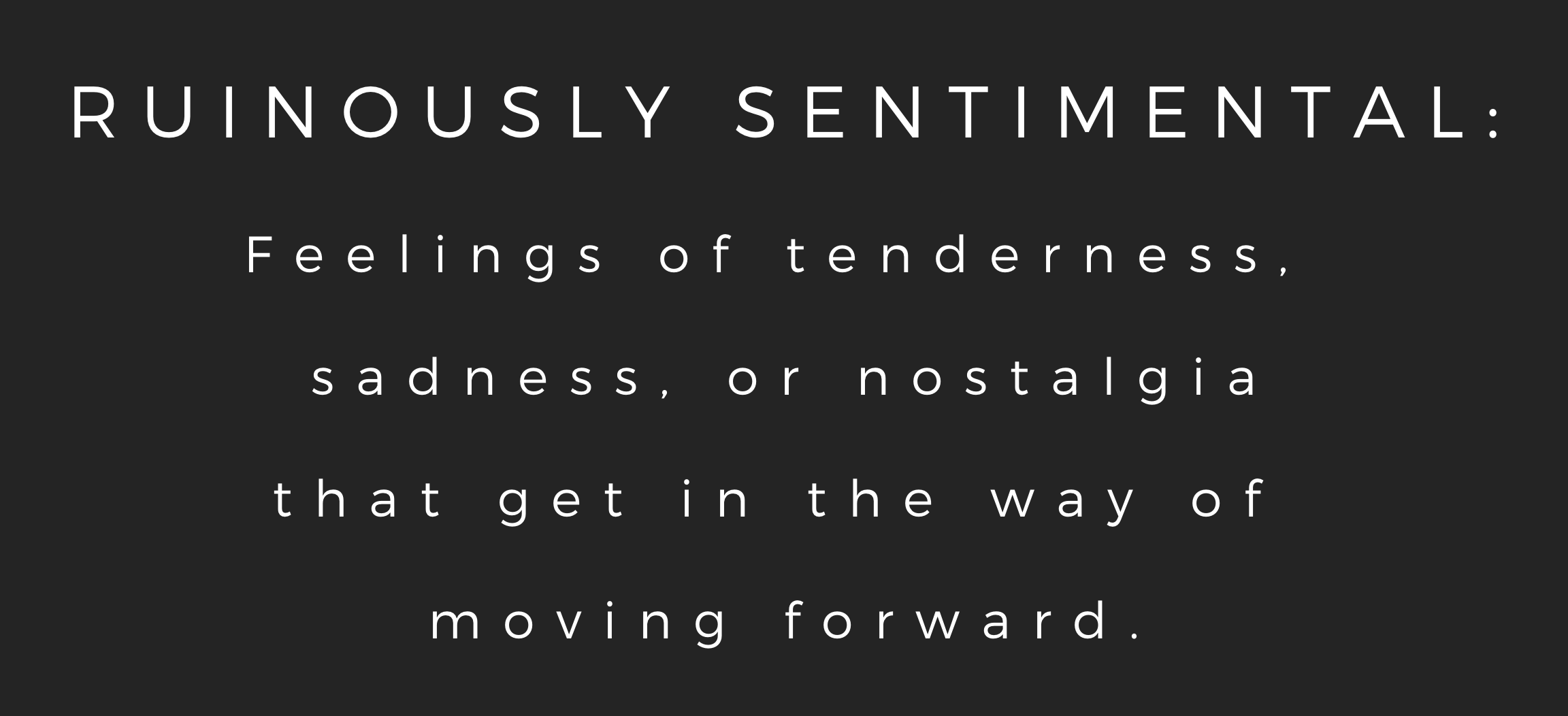

I’ve spent the past six months talking to HR and recruiting professionals about failure. Unfortunately, nobody cared about enterprise failure until I started talking about my life.
My maternal grandmother was a strategic optimist. When she became accidentally pregnant at the age of 20, she married the guy and had four kids. When the guy was mean to her, she accepted it. When he cheated on her, she always took him back.
She once told me, “I had no choice. Failure wasn’t an option.”
Of course, failure is always an option. My Gramma was in denial. But, honestly, who could blame her? Being a working-class woman in the 1960s and 1970s was tough.
When my grandfather left for good, my grandmother became ruinously sentimental. She had a difficult time moving forward. Gramma was stuck in the past and spent a lot of time thinking about “how things could have been different” instead of coping with her new reality.

As an example, for nearly forty years, she said things like, “I could have gone to college. I could have had a career.”
She’s right. She could have gone to college and had a career. The limiting factor was her fear.
Now, listen, strategic optimism has a place in life. If you are facing a deadline that seems impossible, you want to tap into the confidence of a million winners to beat the odds. It’s the attitude you need to run a marathon, launch a start-up, or even meet unrealistic sales targets. Optimism, especially in the short-term, works.
But keep that optimism in check, at least a little, because denial is dangerous and costly. HR and recruiting professionals spend millions of dollars on employee engagement strategies and performance management programs only to learn an obvious lesson: people succeed or fail based on their individual abilities that have nothing to do with HR or executives.
Furthermore, if your leadership team is full of strategic optimists who can’t consume failure, nobody is leading. Good luck managing that.
So, if you work in HR or recruiting and want to have an honest conversation around failure, start by questioning optimism. It’s one thing to believe in yourself — or your team — and prove the haters wrong. It’s another thing to be in denial.
And I wonder — where do you fall? Are you a strategic optimist?
“…people succeed or fail based on their individual abilities that have nothing to do with HR or executives.” Yes!!! And yet it is so much easier when there’s someone else to blame for failure…